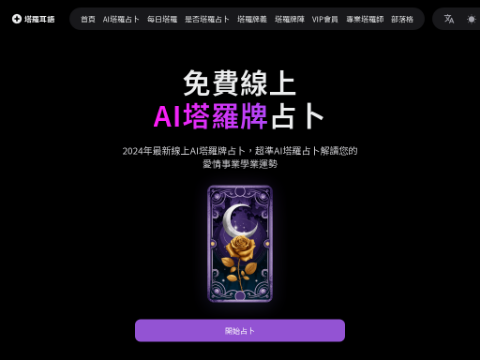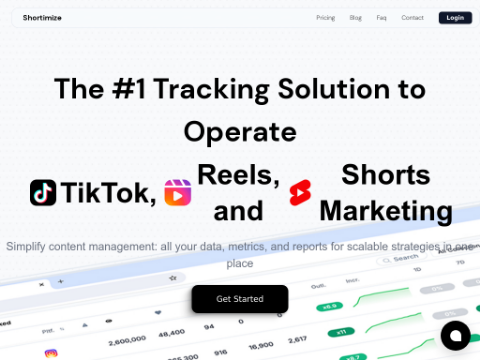Despite recent controversies surrounding data scraping and training practices among many AI model providers, New York-based startup Runway is still developing new key features for its lifelike generative AI video platform.
Runway announced on its X account and Discord server that its new AI video model, Gen-3 Alpha, which will be launched in mid-June 2024, now accepts static images as prompts in addition to simple text prompts. This model is capable of generating extremely realistic videos within seconds based on simple text or image prompts.
Users simply need to visit Runway's website, click the "Try Gen 3-Alpha" button, and they will be directed to a page where they can upload images and/or continue entering text prompts to guide the generation of a new AI video lasting either 5 or 10 seconds (user's choice). Generating a 10-second video requires 40 credits in Runway's paid and subscription tiers, while generating a 5-second video requires 20 credits.
Tests have shown that Runway's Gen-3 Alpha image-to-video conversion updates are both fast and maintain high quality.
Security measures are in place
This model automatically attempts to detect and prevent the generation of videos from static images with explicit content or images of well-known figures such as politicians.
In addition, this feature was briefly made available to some Runway subscription users over the weekend but was subsequently taken down and relaunched today.
Video AI competition is heating up - lawsuits pending
In addition to Runway, OpenAI with its Sora model, Kuaishou Technology with its Kling AI model, Luma AI with its Dream Machine, and Pika with its eponymous model are all competing to provide users with fast and high-quality generative videos.
While OpenAI's Sora is still not publicly available, the other models are accessible to the public.
However, with Runway's new update for converting static images to videos promising users another way to quickly create Hollywood-quality videos, it is evident that the entire film production and video creation industry is being disrupted in unprecedented ways.
But will the courts stifle this innovation in response to the demands of aggrieved artists and copyright holders?
After all, Runway is one of several AI companies facing collective lawsuits from creators who allege that the general practices of AI companies - scraping and training publicly available materials (including copyrighted materials) without explicit permission, authorization, compensation, or consent - violate copyright law. The court's ruling on this issue will undoubtedly have a significant impact on the present and future of AI video and creative tools.








